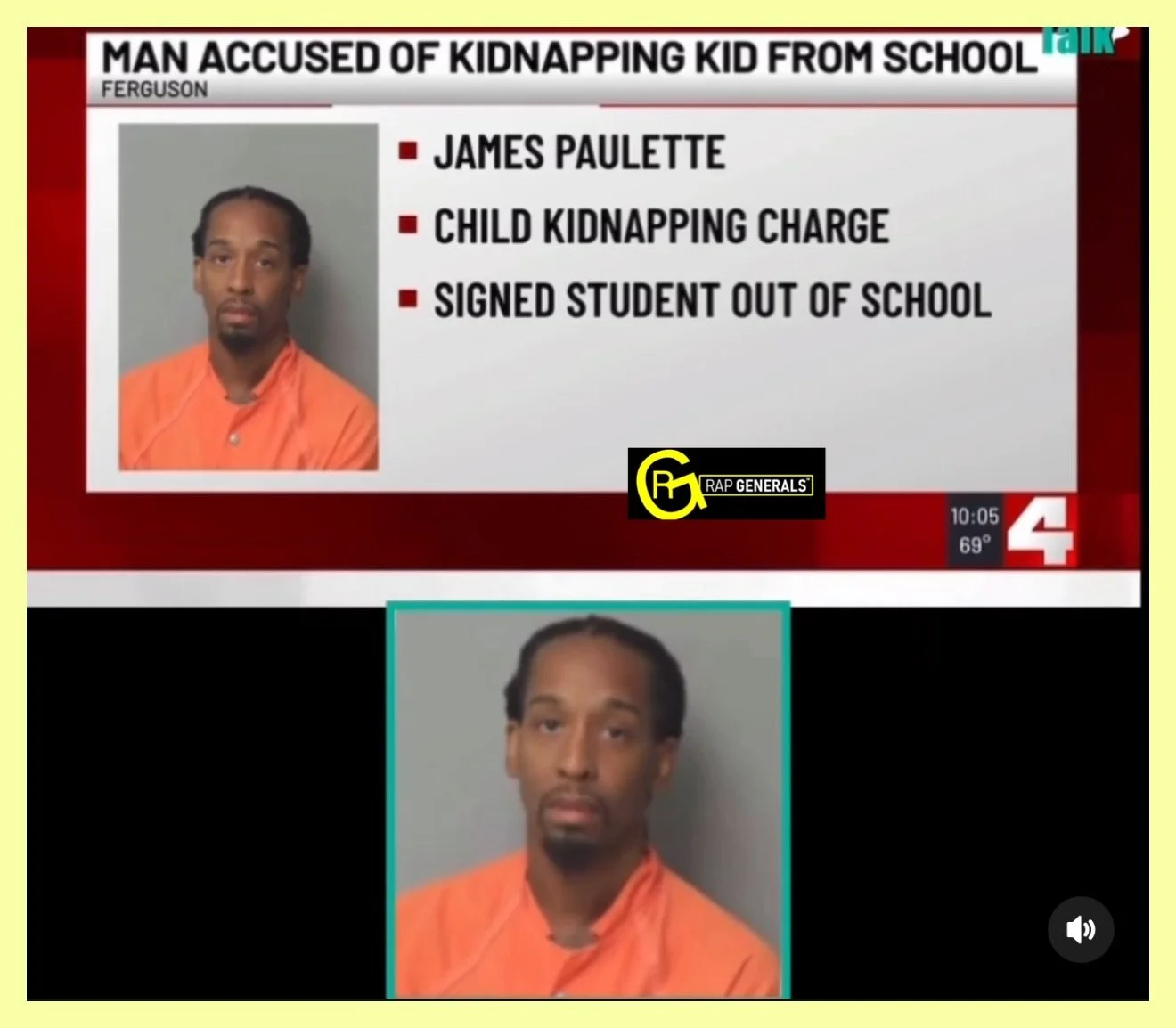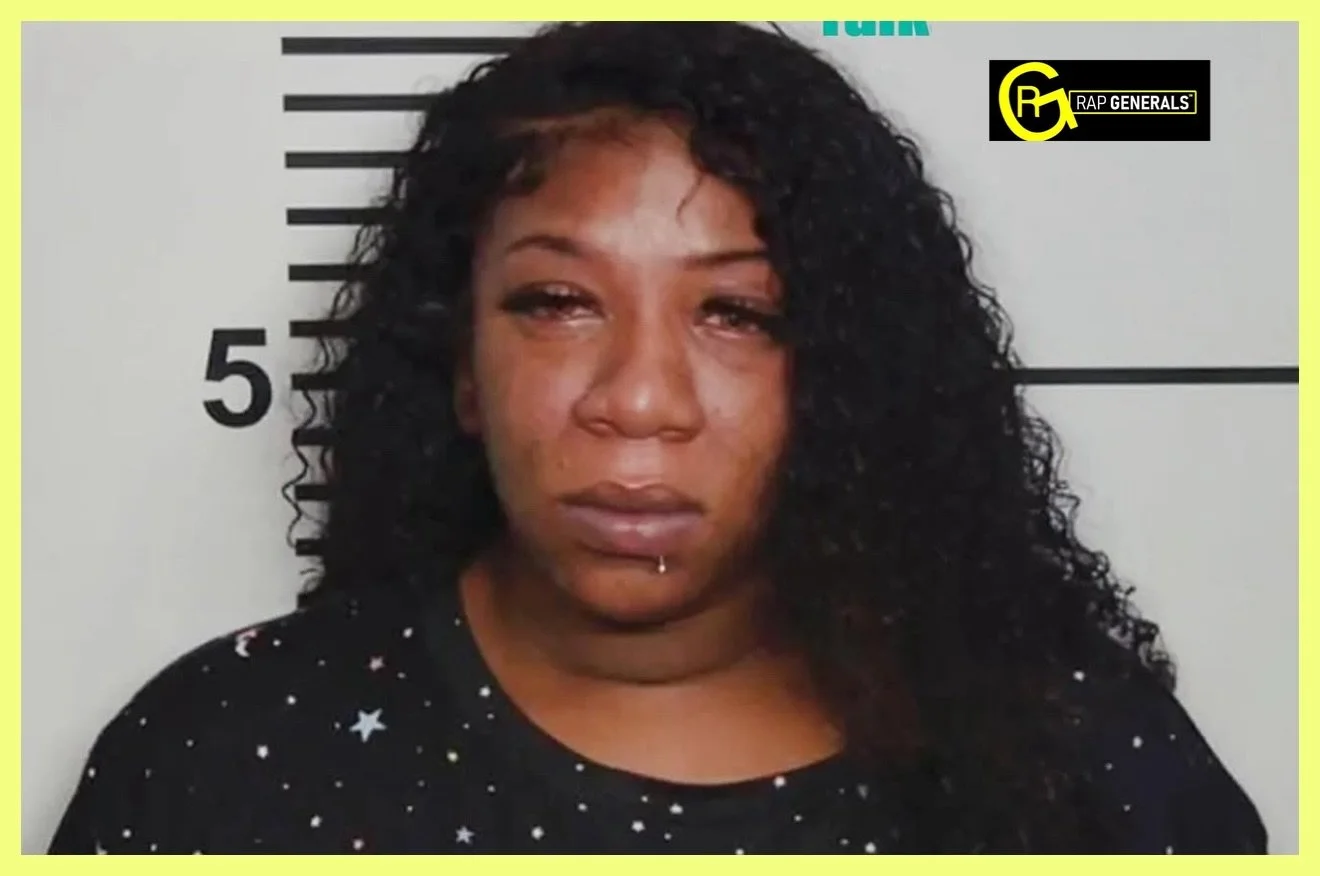An 11-year-old boy in Lansing, Michigan, is facing a year-long expulsion after taking a gun away from a fellow student at Dwight Rich School of the Arts — a decision sparking outrage among parents, activists, and social media users nationwide.
The incident happened in May when the boy, who had learned hunting skills at home, noticed another student with a firearm. His mother, Savitra McClurkin, says her son quickly disarmed the weapon, removed the bullets, and tossed them to prevent anyone from being harmed.
Instead of being praised for his actions, the school district charged him with “possession of a weapon” and expelled him under Michigan’s zero-tolerance policy.
In a statement, the Lansing School District said its investigation — which included video evidence and witness accounts — left “no ambiguity” in its conclusion that disciplinary action was necessary to ensure student safety.
McClurkin, however, believes her son is being punished for doing the right thing. “Instead of treating him like a hero, they’re punishing him like a criminal,” she said. She added that her son didn’t want to identify the student who originally brought the firearm, but only acted because he knew guns didn’t belong in school.
The boy, an honor-roll student and athlete with no prior disciplinary record, is now enrolled in a non-accredited online program while his mother struggles to homeschool him. She says she’s been forced to cut back her work hours to help.
Supporters launched a GoFundMe describing the child as courageous and “acting out of compassion” to protect his classmates. Meanwhile, critics argue the school’s decision is “setting him up for failure,” pointing out that expelling a student who may have prevented a tragedy sends the wrong message.
On social media, users expressed outrage, calling the district’s decision unfair and out of touch. “He did what adults couldn’t,” one commenter wrote. “And now they’ve ruined his school year for it.”
The case has renewed debate over zero-tolerance laws in schools, with many questioning whether rigid policies discourage students from stepping in during dangerous situations.












